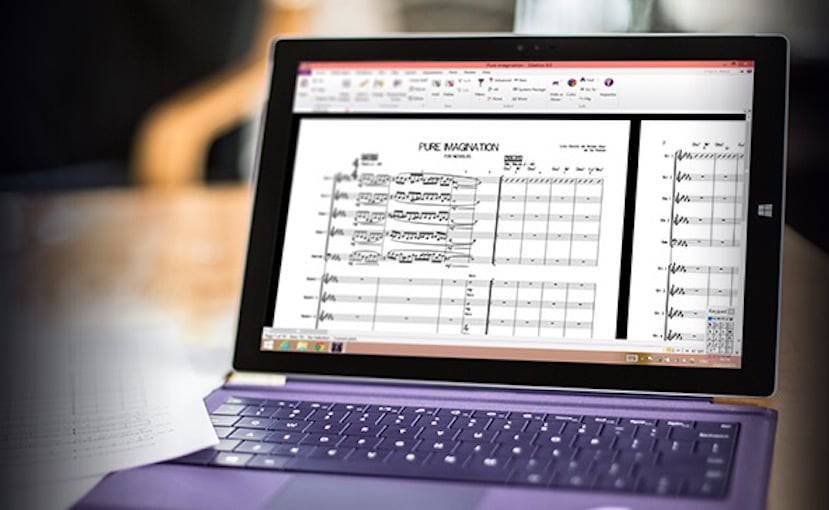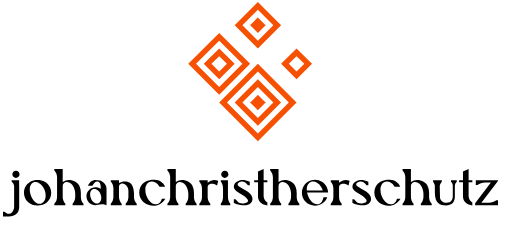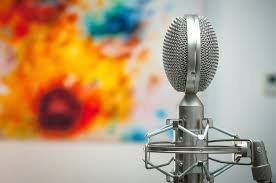How Technology is Changing Songwriting and Composition
Songwriting and composition have always been central to the creation of music. In recent years, however, technology has introduced new tools and methods that are revolutionizing how songs are written and produced. From advanced software to artificial intelligence, technology is opening up exciting possibilities for musicians of all genres. Let’s explore how technology is changing the way music is composed and written today.
1. Digital Audio Workstations (DAWs): The Heart of Modern Composition
Gone are the days when songwriting required expensive instruments or professional studios. With Digital Audio Workstations (DAWs) like Ableton Live, Logic Pro, and FL Studio, anyone with a computer can compose, arrange, and produce music from virtually anywhere.
How DAWs Help:
- Easy access to a variety of sounds: Artists can use a library of pre-recorded sounds and virtual instruments to experiment with different genres and arrangements.
- Non-linear composition: Unlike traditional songwriting, DAWs allow musicians to manipulate elements, rearrange sections, and work on different parts of a track simultaneously.
2. Virtual Instruments and Plugins: Endless Sound Possibilities
With the help of virtual instruments and plugins, musicians no longer need a full band or orchestra to create diverse soundscapes. Software instruments replicate everything from pianos and drums to synthesizers and string sections, giving musicians endless possibilities without the need for physical instruments.
Examples:
- Synthesizers and samplers allow musicians to design unique sounds and manipulate audio in ways that were once impossible.
- Orchestral libraries provide access to professional-grade orchestral sounds, allowing composers to create symphonic compositions from their computers.
Benefit:
- Access to an expansive range of sounds, creating an environment for limitless creativity.
3. AI-Powered Composition Tools: The Future of Songwriting
Artificial intelligence is making its mark on the music industry, with AI-powered tools now assisting in the composition process. Tools like Amper Music, Jukedeck, and Aiva use machine learning algorithms to generate melodies, harmonies, and even lyrics.
How AI Helps in Songwriting:
- Idea generation: AI tools can generate song ideas and musical motifs that artists can build upon.
- Personalization: Some AI software can analyze a songwriter’s style and suggest chord progressions or melodies that match their creative voice.
- Lyric generation: AI can even write song lyrics, offering a new way to approach songwriting when inspiration is scarce.

Benefit:
- AI helps to overcome creative blocks and accelerate the songwriting process, allowing artists to explore new directions and musical ideas.
4. Cloud-Based Collaboration: Global Collaboration Without Borders
Technology has broken down geographical barriers, allowing musicians to collaborate across time zones, continents, and cultures. Cloud-based platforms like Splice, Soundtrap, and Google Drive enable songwriters to share files, track versions, and work in real-time with collaborators anywhere in the world.
How Cloud Collaboration Works:
- File sharing and synchronization: Multiple songwriters and producers can work on the same project simultaneously, ensuring seamless collaboration.
- Real-time feedback: Artists can provide input and edits without being physically in the same location, speeding up the creative process.
Benefit:
- Enables collaborations with top talent from anywhere in the world, leading to a more diverse and innovative creative process.
5. Music Theory Apps and Tools: Streamlining Composition
Music theory has always been a fundamental part of composition, but technology has made it more accessible and easier to understand. Music theory apps like Hooktheory, Tonal Harmony, and Chordify help songwriters understand chord progressions, harmonies, and key signatures without needing formal music training.
How Music Theory Apps Help:
- Chord suggestions and progressions: These tools help songwriters explore chord progressions and melodies that follow established music theory principles.
- Interactive learning: Apps offer visual aids and exercises that teach the fundamentals of music theory, empowering beginners and experienced musicians alike.
Benefit:
- Songwriters can focus more on their creative process and less on technical theory, making the composition process smoother.
6. Digital Sheet Music and Notation Software
Traditionally, music notation was a time-consuming and skill-intensive process. Today, tools like Finale, Sibelius, and MuseScore make it easy to create professional-quality sheet music and compositions digitally.
How Notation Software Helps:
- Instant editing: Musicians can quickly make changes to their sheet music and hear them in real time.
- Scalability: These tools allow composers to write scores for full orchestras or small ensembles with ease.
- Sharing: Digital scores can be shared easily with collaborators or performers across the globe.
Benefit:
- Makes professional-level music notation accessible to everyone, enabling quicker composition and more opportunities for collaboration.
7. Auto-Tuning and Pitch Correction: Perfecting Performance
Auto-tuning tools like Antares Auto-Tune and Melodyne have revolutionized the way vocalists and instrumentalists approach their recordings. While initially designed to correct pitch, these tools are now used creatively to manipulate the sound of vocals and instruments, offering new ways to enhance a song’s texture.
How Auto-Tuning Helps:
- Pitch correction: Artists can easily adjust slight imperfections in their recordings, ensuring perfect pitch.
- Creative use of effects: Auto-tune can be used creatively to create unique vocal effects, influencing the style and tone of a song.
Benefit:
- Helps musicians and producers maintain high-quality recordings and explore new sounds.
8. Digital Distribution Platforms: Reaching Global Audiences
Once a song is composed and recorded, technology continues to play a crucial role in making the music available to the world. Digital distribution platforms like TuneCore, DistroKid, and CD Baby allow independent artists to distribute their music to streaming platforms like Spotify, Apple Music, and Amazon Music with ease.
How Distribution Platforms Help:
- Global reach: Your music can be available to listeners worldwide with minimal effort.
- Analytics: Artists can track their streams, sales, and audience demographics, allowing for data-driven decisions in future compositions.
Benefit:
- Independent musicians can take control of their music distribution, keeping more revenue and reaching audiences they may not have had access to before.
Conclusion
Technology has fundamentally transformed the way songs are written, composed, and produced. From AI-powered composition tools to cloud-based collaboration and digital distribution, modern technology has opened up endless possibilities for songwriters and musicians. Embracing these advancements allows artists to be more creative, efficient, and connected with the global music scene. As technology continues to evolve, the future of songwriting and composition looks more exciting than ever.



